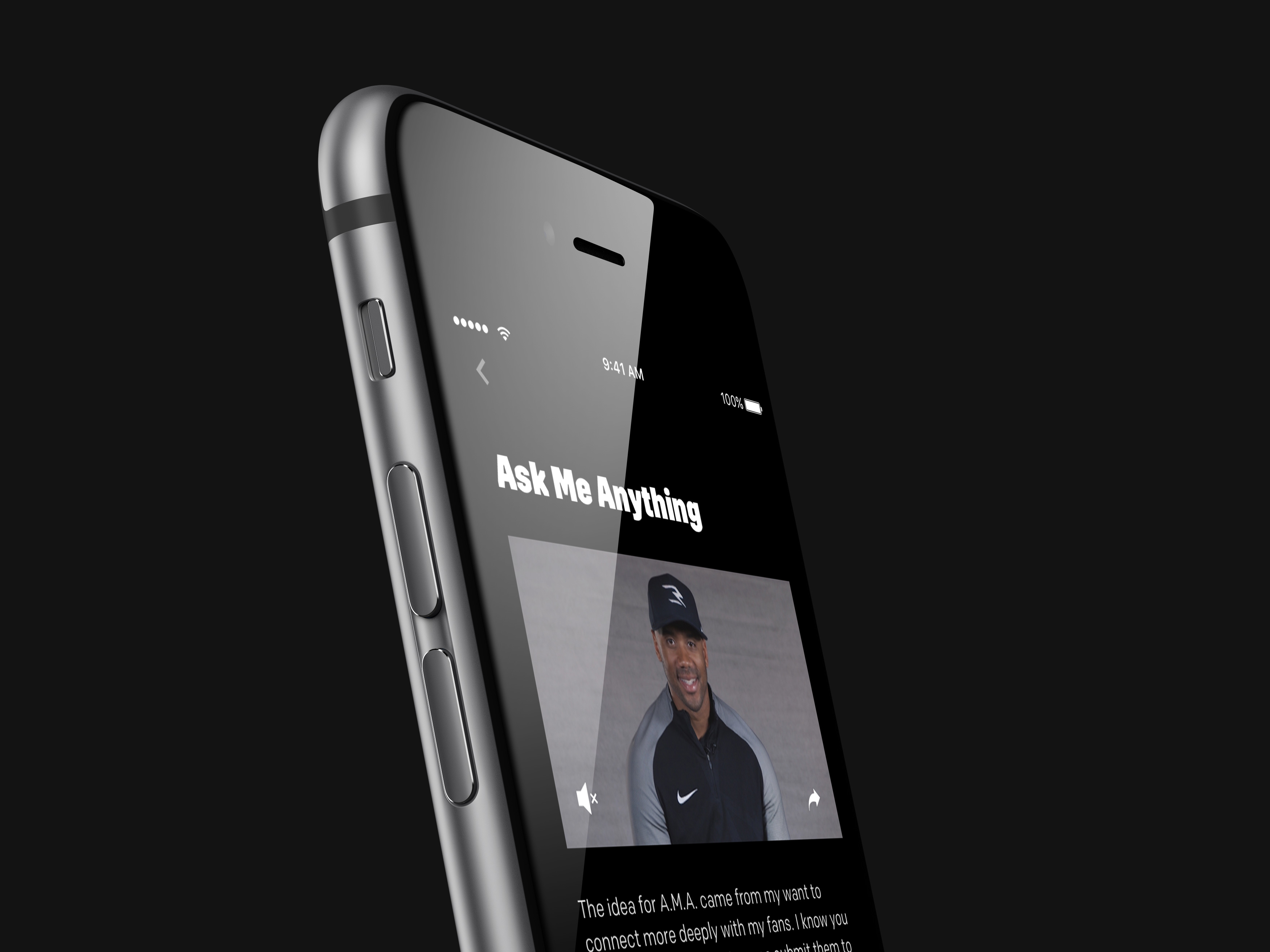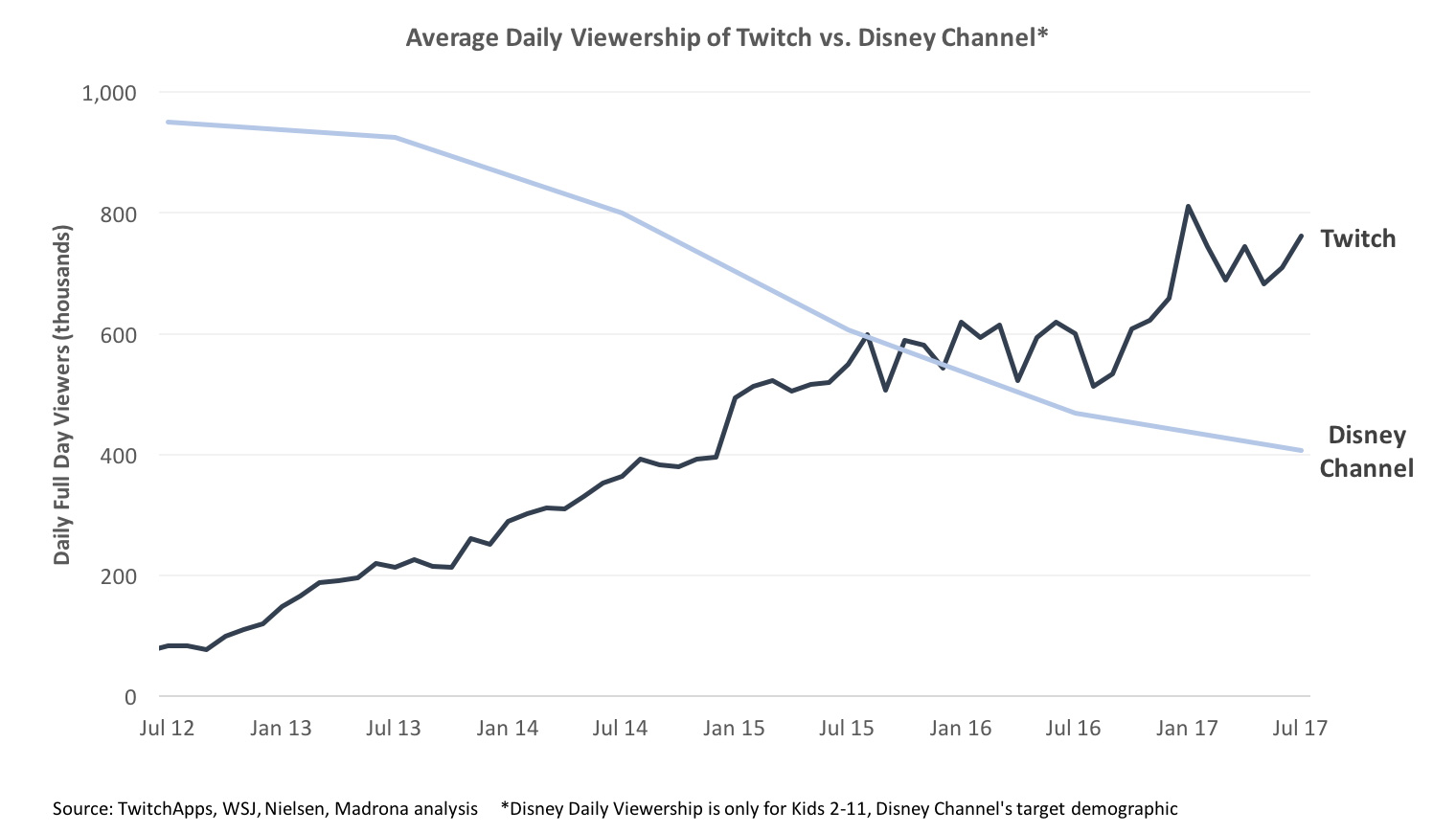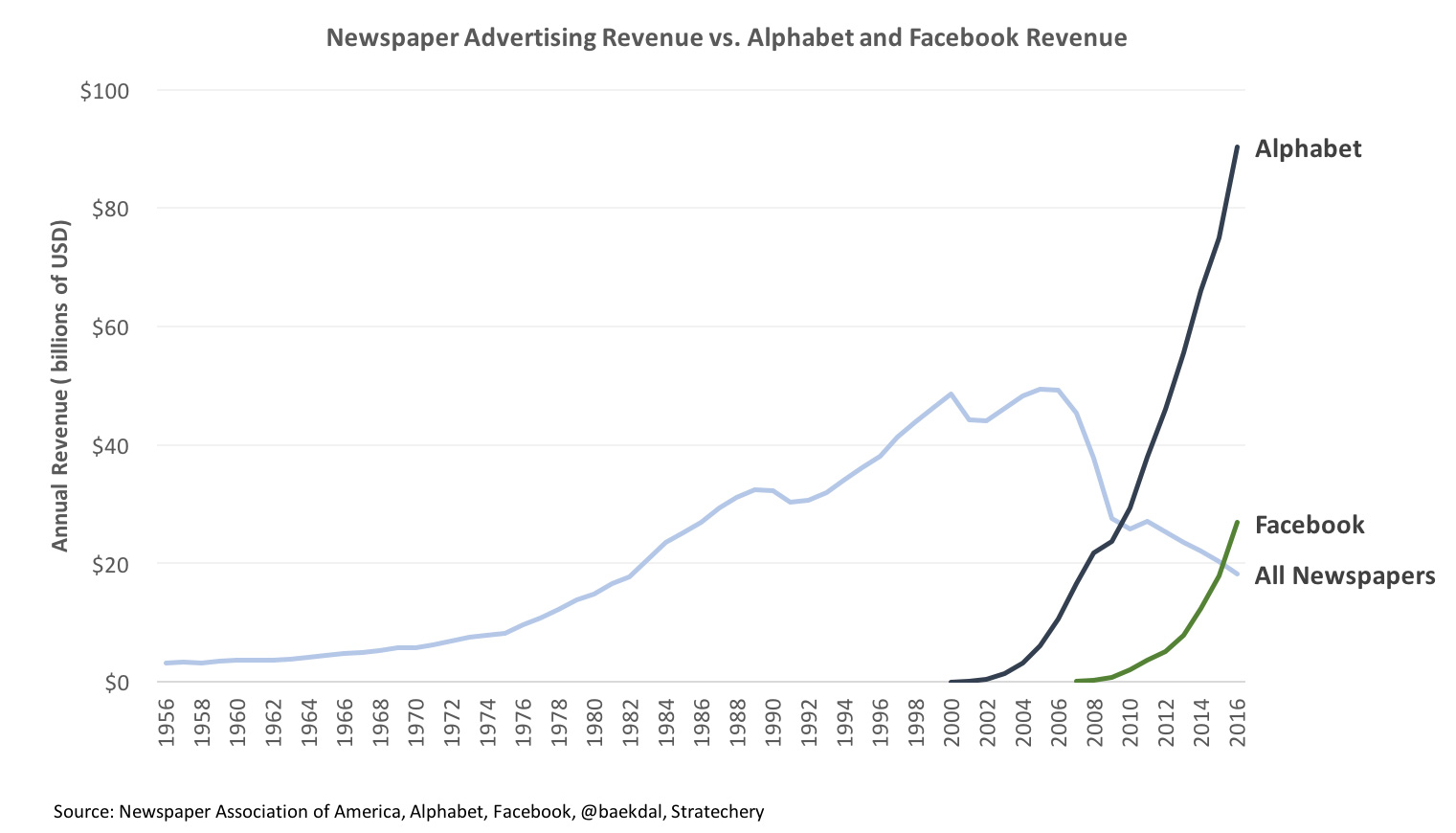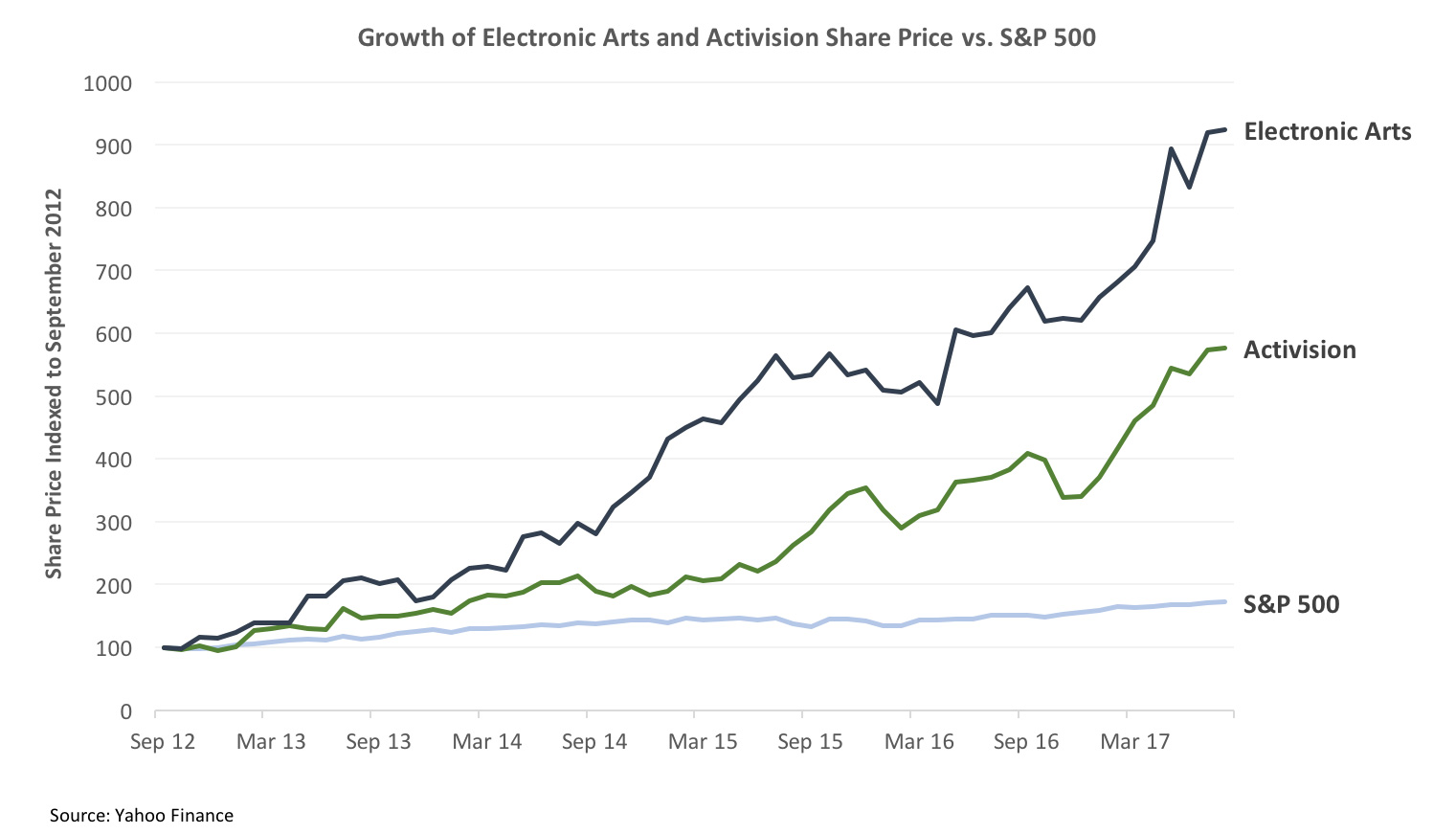Cyber security is no longer a “nice to have,” it is table stakes. Today, we are excited to announce our investment in Strike Graph. Strike Graph is building an intelligent platform to help B2B companies manage the difficult challenge of setting up their cyber security controls and then passing and maintaining the strict annual cyber security certifications necessary to build their business.
In today’s world of data-driven companies, a business’s greatest asset is less and less often related to any particular physical object and more often related to the data it collects from its users and customers. This data, which comprises myriad inputs, is a foundation that leads to insights, competitive advantages, and strong business models. However, it rarely sits in a silo. Bits and pieces must flow through and work with other businesses in order to be most effective. Consider how some companies upload their contracts to DocuSign, entrusting DocuSign with a specific task (e.g., getting multiple parties to sign on the dotted line) but also entrusting that DocuSign does its part to keep that contract private and secure, and only accessible to those who are supposed to see it.
Many data flows like this are common and necessary nowadays, and it is each company’s responsibility to maintain strong cyber security practices to securely manage that data. To do this, companies are being required to undergo strict cyber security audits for a variety of certifications including SOC2, ISO 27001, FedRAMP, and others. These annual audits are incredibly intensive and time consuming but achieving and maintaining certification has become a crucial requirement by these companies’ customers and partners.
Strike Graph was founded with a vision of helping B2B companies improve their internal processes that sit at the heart of this cyber security – and ultimately, sales – issue. Strike Graph has built an intelligent application that helps SMBs and Enterprises walk through the process of identifying their risks, choosing the appropriate controls, and automating evidence and testing – all with an end-to-end platform that helps them prepare for and achieve these annual cyber security certifications.
We met CEO and co-founder Justin Beals when he was incubating the idea for Strike Graph at Madrona Venture Labs. Justin is a top-notch product creator and technology leader. Most recently he was CTO at Koru leading up to its acquisition by Cappfinity. With the support of the MVL team, he was able to prove out the concept for Strike Graph, build a working alpha version of the product, and recruit co-founder Brian Bero. We were delighted when Justin and Brian joined forces, as Brian has deep domain knowledge both from his time as co-founder at Apptio and his own venture, Greytwist. Together they have rapidly built and launched the product and have onboarded a staggering number of pilot customers since their formation at the beginning of 2020.
This team is going after a large and significantly growing opportunity to serve a sharp pain point for B2B businesses. Strike Graph defines what we call an intelligent application, one that is using smart technologies to define the workflows and risks, and then automating the tracking and collection of evidence to support the ever changing environments. We are excited for Justin, Brian, and the team for their success ahead. And we are just getting started.



